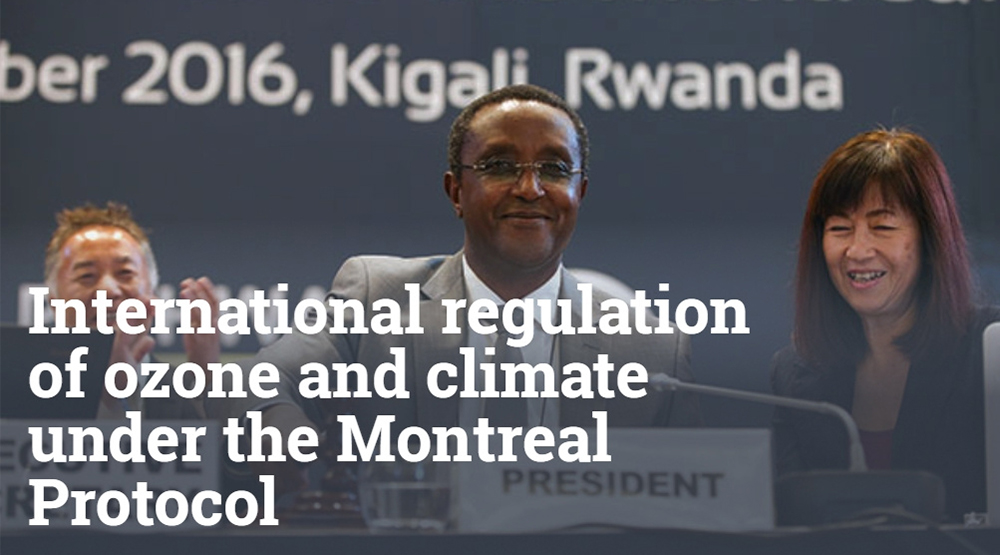Phasing out ozone-depleting HCFCs, as well as reducing the use of climate-destroying HFCs, represent a key part of the Montreal Protocol’s mission, helping to promote not only environmental protection but greater energy efficiency in cooling systems across the world. But, one of the major hurdles remains in developing countries, where energy inefficient cooling equipment using outdated refrigerants is still being marketed.
High-efficiency cooling systems, though available, are often cost-prohibitive for consumers, resulting in continued dependence on cheaper, less efficient options. Some work has been conducted in recent years on high-efficiency home equipment, but there is still much to be desired in the market. These systems do not just impose costs on users who must pay more for electricity; they also undermine global efforts to decrease greenhouse gas emissions.
New international actions demonstrate how urgently this problem must be addressed. The Decision XXXV/13 taken by the parties to the Montreal Protocol underpins the prohibition on the export of inefficient cooling equipment, with shared responsibility on the part of exporting and importing countries. Simultaneously, the U.S. Environmental Protection Agency has adopted rules to phase-down HFCs, and the EU’s F-gas Regulation complements these activities by banning exports of equipment that use harmful refrigerants. Global leaders — including through the Wilmington Declaration and Sunnylands Statement — have echoed the need for high efficiency, climate-friendly cooling technologies to protect vulnerable communities and ease pressure on power grids.
The challenge of “dumping” old technologies into developing countries raises both environmental and economic issues but also opportunities. Manufacturers can go from driving inefficiency to driving solutions for energy-efficient, inexpensive, sustainable cooling, it said. The industry can be a powerful force for enabling climate resilience and reduced greenhouse gas emission levels in the world through embracing innovation.
Post time: Dec-10-2024









